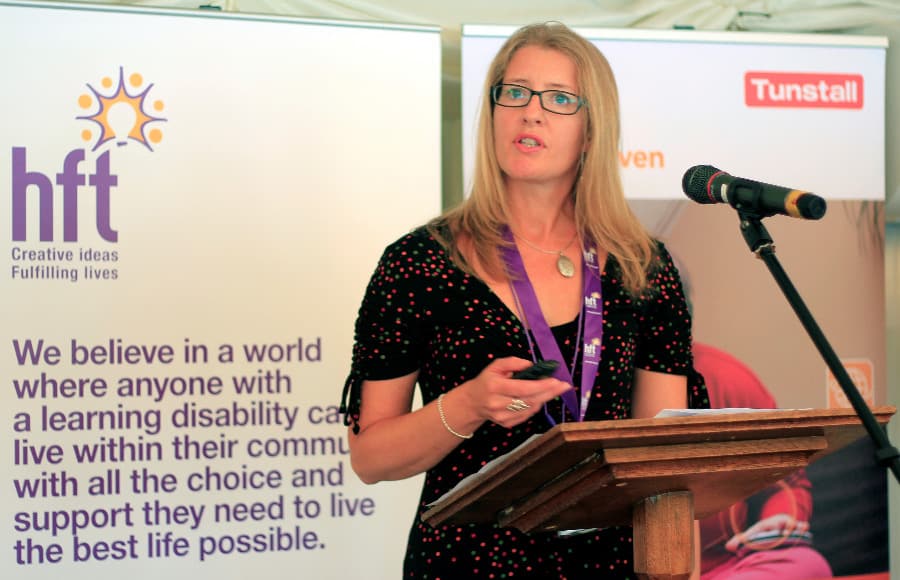Report calls for more collaboration between ICS and ICBs to support people with learning disabilities

A collaborative approach between Integrated Care Systems (ICS) and Integrated Care Boards (ICB), which bring healthcare, social care, mental health and community services together into one setting, is “the only way forward” to support people with a learning disability, according to a report from digital health and care consultancy firm, Channel 3.
In a report supported by strategic leaders including national learning disability charity, Hft, the role of ICSs and ICBs will be critical in providing the necessary leadership and vehicle for local system change.

Ralph Cook, Partner at Channel 3 Consulting, said: “There is a moral, social, equality, diversity, inclusivity and economic justification for a radical rethink in our national and local approaches to supporting people living with a learning disability.
“The formation of ICSs and ICBs provides a once-in-a-lifetime opportunity to transform the outcomes we currently achieve and improve the lives of the 1.2 million people living with a learning disability and their families, carers and support networks.”
With over 12 years of experience working exclusively in digital health and care, Channel 3 work to help health and care organisations use technology to transform patient care and improve ways of working.
Recently, Hft partnered with start-up Tendertec on a £1.8m project to encourage sustainable physical activity for under-represented groups, including people aged 55 and over, currently not engaging with the digital fitness market.
Delivering this new future will significantly improve life outcomes as well as begin to address the significant financial challenges that many local systems face, says Emma Nichols, Personalised Technology Manager at Hft.
Emma commented: “Poor outcomes from the current service model can be overcome if we have the ambition and appetite to transform our approach.
“We are failing to digitally enable the traditional model of care and this is where ICS leads can help by embedding it into commissioning models and the frontline practice of health and care staff.
“For integration to be a success, addressing comprehensive challenges within the social care system – such as strengthening the workforce, realising the full potential of technology and greater investment in community-based support – is an important prerequisite.
“Undoubtedly, integration will be transformative, but it is vital that health and social care receive sufficient funding to ensure the future sustainability of both sectors, as only then will the Government’s ambitions become a reality.”


